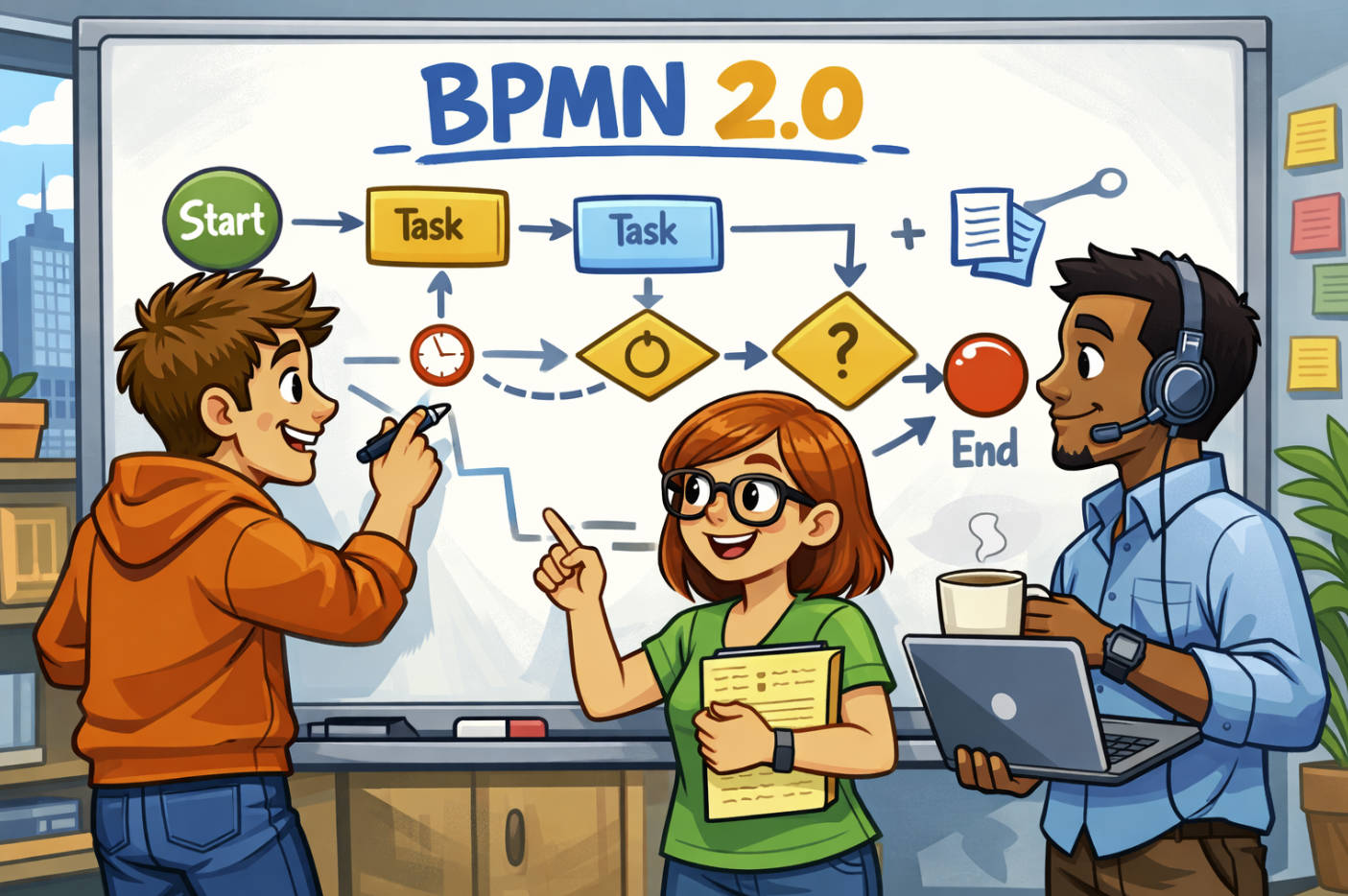One of the biggest mistakes new business analysts make is taking what they’re told at face value.
The SME says “that’s how the process works” — and they write it down.
The stakeholder says “we just need a system that does this” — and they add it to the list.
But experienced BAs know that most of the time, what people say and what actually happens are two different things.
That’s why you need to think like an investigator.
Ask why.
Ask again.
Look at the data.
Watch what actually happens.
🧠 What It Means to Be an Investigative BA
Being investigative means you’re:
- Observing what people do, not just what they say
- Asking deeper questions to get to root causes
- Challenging assumptions in a respectful way
- Looking for gaps between systems and behaviour
- Verifying processes through real-world evidence
🛠️ Techniques That Help
- Process observation: Sit with users. Watch them do the task. Don’t just ask.
- Data analysis: What the reports say often tells a different story than the meetings.
- Follow the exception paths: Find the steps people do “when the system doesn’t work.”
- Use the Five Whys: Keep digging to get past surface-level explanations.
🧩 Why This Makes You Better at Requirements
Stakeholders will thank you for seeing what they didn’t.
You’ll catch edge cases before they become issues.
You’ll write requirements that actually reflect how the business runs.
You’ll design better future-state processes because you understand the reality of the current state.
✅ Final Thoughts
Business analysts who just take notes don’t bring real value.
The ones who ask why, challenge gently, and dig deeper?
They solve real problems.
That’s the difference.






